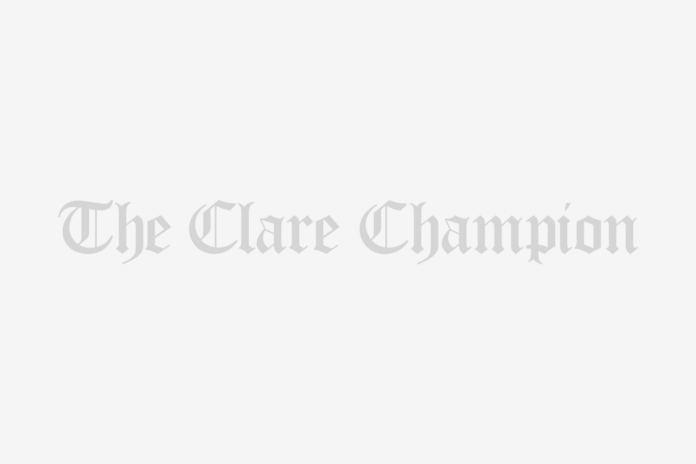Bertie Ahern, the failures of the political system and the economic black hole we currently find
ourselves in were all under the microscope at this year’s Céifin conference, writes Dermot Walsh.

Nobody from the Taoiseach down was spared when the 12th Céifin Centre conference heard scathing indictments of the failures of leadership at all levels that have brought the country to “an unprecedented economic crisis”.
Leading economists agreed that the path being taken to deliver the country from enormous burdens of debt in both the private and public sectors is “misguided” when they poured scorn and derision on the politicians, banks, civil servants and regulators who were accused of failing the country.
Economist Jim Power singled out “those who were supposed to be minding the house but instead wrecked the house” when he accused the former taoiseach, Bertie Ahern of leading the country on an unsustainable path over 15 years.
Charging the retired taoiseach with “an astonishing level of economic illiteracy”, the top business schools lecturer added, “he will go down as the worst taoiseach we ever had from an economic perspective. He let the ship of State run amok in a raging storm”. Mr Power said that the present taoiseach and finance minister were not much better but added in mitigation that they had the problems of their offices foisted on them. Describing the levels of political leadership in the last 15 years as “pretty dismal”, he said, “I could count on one hand the number of politicians that I respect or who can command respect.”
Referring back to warnings that he had sounded and those that had been flagged in previous Céifin conferences, the chief economist with Friends First insurance pointed the finger at the Department of Finance and the regulatory authorities. “Back at the height of the mortgage finance peak in March 2006, we went on a borrowing binge and a spending binge and the regulators allowed it to proceed,” he told delegates at the West County Hotel conference centre in Ennis.
He had harsh words too for the NAMA solution, asserting that the assumptions underlying the formula amounted to “a fairy tale”. He warned that NAMA is designed solely to bail out a banking system, which he described as “a total mess” and warned that the taxpayer was facing into what he termed “a long, slow struggle to extricate ourselves”.
To illustrate his warnings, he pointed out that the country’s economic output has declined by 10% in the last three to four years. But he predicts that the downward trend will go on and reach 15% in coming years.
Recalling that he had completed his university education at the height of the 1980s recession, he said, “Where we are now is a lot more dangerous. Previously we did not have the same levels of personal debt and this time round the years of boom have created higher expectations and higher living standards.”
Noting that the crisis situation is deepened by the huge levels of public debt, he explained that the recent report from the ESRI recommending a 20% cut in child benefit is calculated to save €500 million a year. “But that €500 million amounts to just over the €480m the country is borrowing per week to keep the country going,” he added
Predicting that the pain which will flow from the Government measures to save €4 billion to €6 billion “will be savage”, Mr Power put it to the conference delegates –“just imagine the problems that we are going to have to deal with when the consequences are already huge anger, huge bitterness and huge divisiveness?”
With a warning that “a return to the brain drain which cost the country its brightest and best in the 1980s would be economically and socially disastrous”, he identified “a lower cost economy” as a top priority for tackling the crisis. “We need to identify employment opportunities,” he urged.
The European Commission’s director general in charge of competition, Philip Lowe, echoed his call for investment in education and training. Responding to questions from the conference floor, he stated that Ireland’s membership of the EU and the euro zone were helping to prop up the economy. Rowing in with support, Mr Power said, “The EU is now effectively running many aspects of the Irish economy”. Under Charlie McCreevy and Brian Cowen as finance ministers, “the Irish economy has been managed inappropriately and now we are paying the price”, he said.
Of the EU intervention, Mr Power added, “the more intervention the better” and he had no fears about the International Monetary Fund getting involved. “I would love to see the IMF coming in at this stage,” he declared.

